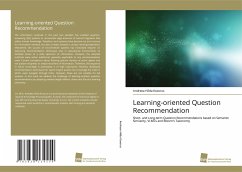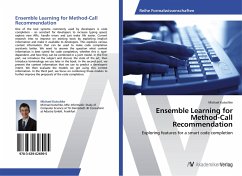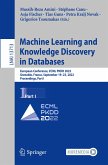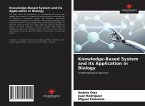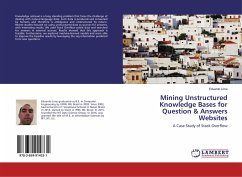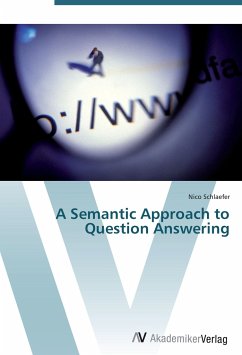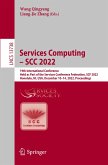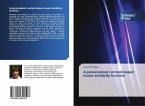The information overload in the past two decades has enabled question-answering (QA) systems to accumulate large amounts of textual fragments that reflect human knowledge. Therefore, such systems have become not just a source for information retrieval, but also a means towards a unique learning experience. Meanwhile, the success of recommender systems has motivated research on deploying recommendation techniques also in educational environments to facilitate access to a wide spectrum of information. However, the adopted methods were rather traditional, generally applicable to any recommendation need. Current conceptions about learning assume learners as active agents and not passive recipients or simple recorders of information. Therefore, the sequence in which knowledge is assimilated is of high importance. Recently developed recommendation techniques for search engine queries try to leverage the order in which users navigate through them. However, these are not suitable for QA systems. In this work we address the challenge of learning-oriented question recommendation by adopting variable length Markov chains and Bloom's learning taxonomy.
Hinweis: Dieser Artikel kann nur an eine deutsche Lieferadresse ausgeliefert werden.
Hinweis: Dieser Artikel kann nur an eine deutsche Lieferadresse ausgeliefert werden.

